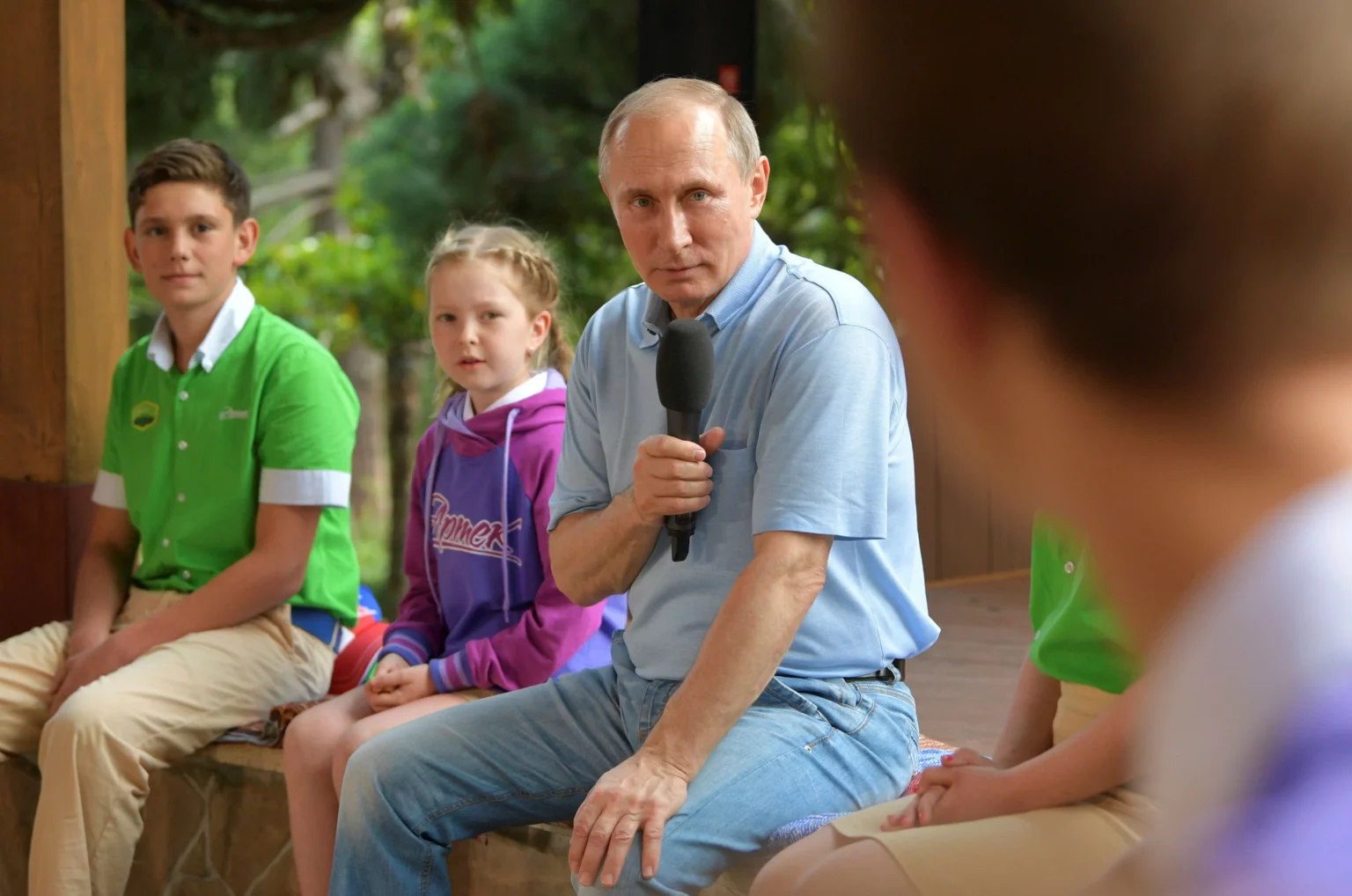Recent developments in Moscow have stirred up significant controversy as new history textbooks, praising the Russian military’s offensive in Ukraine, have been introduced. As students prepare to return to classrooms amidst an ongoing conflict and strained international relations, these textbooks have ignited debates about historical accuracy, biased perspectives, and the suppression of dissent within educational institutions.
Under the administration of President Vladimir Putin, there has been a noticeable tightening of control over historical narratives within Russian schools. This trend has accelerated since the initiation of the Ukraine offensive last year, signaling a deliberate effort to shape young minds’ perceptions of history.
New Textbooks Aimed at 11th-Grade Students:
The recently introduced textbooks, tailored for 11th-grade students, were formally introduced by Education Minister Sergei Kravtsov. Kravtsov underscored the textbooks’ significance in communicating the motives behind the military action to the upcoming generation. Nevertheless, critics contend that the content’s biased outlook disregards contrasting viewpoints and casts the offensive as an inseparable component of Russia’s historical trajectory.
The speedy creation of these textbooks, completed in just under five months, has raised concerns about their accuracy and the depth of research involved. While presidential aide Vladimir Medinsky praised the rapid creation, historians worry that such an expedited approach might oversimplify complex historical events, compromising the integrity of the educational material.
The cover of the textbook prominently features an image of the bridge connecting annexed Crimea to the mainland, symbolizing President Putin’s leadership during the conflict. This visual representation aims to establish a narrative of Russia’s strength and resolve, further blurring the line between education and political propaganda.
The contents of the textbook portray Russian soldiers as “saviors of peace” during the 2014 annexation of Crimea, presenting a one-sided view of the events. Furthermore, the material criticizes Western sanctions as more damaging than Napoleon’s invasion in 1812, thus propagating a particular perspective that aligns with the government’s agenda.
Beyond the content of the textbooks, accusations of dissent suppression within educational institutions have emerged. Instances such as the separation of a Russian girl from her father for expressing support for Ukraine through art highlight concerns over the freedom of expression and open discourse in schools.
To instill patriotism and align students’ views with the government’s stance, a new subject titled “Discussions on Matters of Importance” has been introduced in Russian schools since the beginning of the Ukraine operation. This subject further raises questions about the balanced presentation of information and the fostering of critical thinking skills.
The introduction of these new history textbooks in Moscow, praising the Russian military’s offensive in Ukraine, has sparked heated debates about historical accuracy, manipulation of narratives, and the suppression of dissent within educational settings. As students return to classrooms, the impact of these textbooks on their understanding of history and critical thinking abilities remains a subject of concern, both within Russia and on the international stage.




